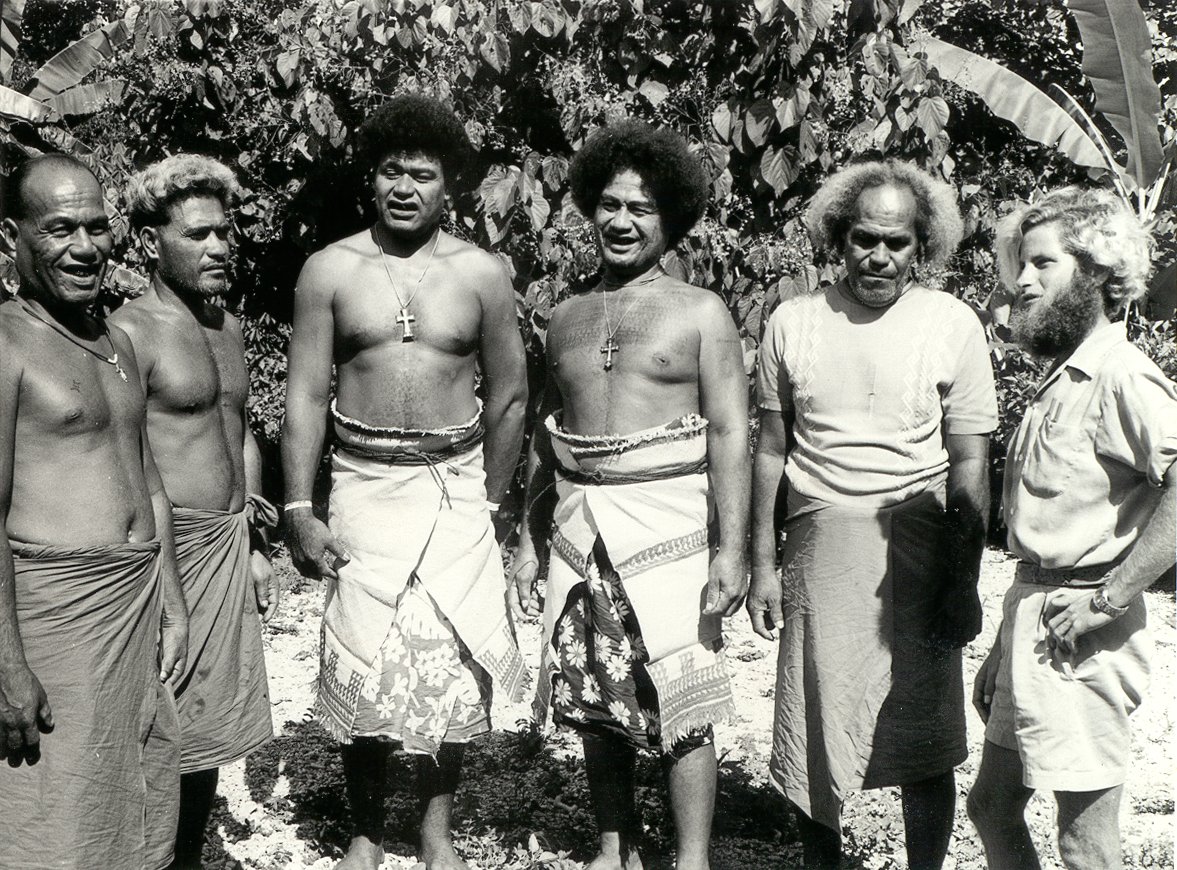Indian cultural anthropology is a multifaceted discipline that delves into the intricate tapestry of traditions, practices, and social norms that constitute the diverse cultures found within the Indian subcontinent. At the heart of this study lies a common observation: the rich plurality of Indian cultures often captivates anthropologists and social scientists alike. What lies beneath this captivating surface is a realm full of historical complexity, interwoven narratives, and profound socio-political dynamics, all of which contribute to a deeper understanding of humanity itself.
To grasp the essence of Indian cultural anthropology, one must first appreciate India’s historical context. The Indian subcontinent boasts a civilization that dates back thousands of years. From the Indus Valley Civilization, which showcased sophisticated urban planning and socio-economic structures, to the subsequent rise and fall of empires, each era has contributed to the evolving cultural landscape. This historical profundity is critical as it offers anthropologists a vast array of variables to study, ranging from linguistic diversity to artistic expressions, and from religious practices to culinary traditions.
Language plays a pivotal role in shaping cultural identity. India is home to several hundred languages, with the Constitution recognizing 22 officially. Each language bears its own intricate history and cultural nuances, serving as a conduit for expressing the values, beliefs, and experiences of various communities. Linguistic anthropology incorporates language as a core component of cultural identity, demonstrating how dialects and idioms encapsulate geopolitical histories and socio-economic stratifications. The study of languages extends beyond mere communication; it involves understanding the worldviews they embody and the cultural memories they preserve.
The plurality of religions in India further enriches its cultural anthropology. Home to Hinduism, Buddhism, Jainism, Sikhism, Islam, Christianity, and numerous indigenous faiths, India stands as a unique paradigmatic case of religious coexistence. Each faith brings with it a unique set of rituals, ethical guidelines, and cosmologies that inform the cultural practices of its adherents. This religious mosaic reflects not only the dedication of individuals but also histories of conflict, synthesis, and transformation. Anthropologists explore how these faith systems interact within the socio-political landscape, impacting everything from communal relations to national identity.
In addition to the study of language and religion, Indian cultural anthropology encompasses an exploration of art and performance. India’s artistic expressions—ranging from classical dance forms such as Bharatanatyam and Kathak, to contemporary visual arts—serve as a mirror reflecting societal values, historical narratives, and collective psyche. The concept of ‘Rasa,’ or aesthetic experience in Indian art, signifies the emotional essence conveyed to the audience; it illustrates how deeply intertwined art and emotion are embedded within cultural consciousness. This interplay reveals a fascination with not just artistic outputs but the societal mechanisms that nurture them.
Furthermore, the importance of culinary culture cannot be overstated within the fabric of Indian anthropology. The traditional practices of food preparation and consumption bear a profound weight of significance. Food is not simply sustenance; it is a medium of cultural expression, an instrument of social bonding, and often a marker of identity. From the regional variations in spices to the significance of vegetarianism in Hindu culture, food practices reflect both cultural heritage and social stratification. Through anthropological lenses, researchers can uncover the socio-economic factors influencing dietary customs and how globalization reshapes these traditions.
The study of kinship and social structures is another cornerstone of Indian cultural anthropology. Traditional forms of kinship among various communities present a diverse array of marriage practices, familial norms, and inheritance patterns. The joint family system, common in many Indian cultures, emphasizes communal living and collective decision-making, contrasting sharply with the western nuclear family model. This societal organization not only shapes individual identities but influences community engagement, economic transactions, and trust networks. Anthropologists look at how these kinship systems evolve amidst modernization and urbanization and their consequential impact on social fabric.
Moreover, Indian cultural anthropology spurs contemplation regarding gender roles within society. Historically constructed notions of masculinity and femininity have dictated the lived experiences of countless individuals. The advent of feminist anthropology has opened new avenues in this regard, bringing to light the intricate ways in which gender interacts with various cultural domains. Issues such as patriarchy, matriliny, and female agency are examined critically, revealing both progress and stagnation in the face of modern challenges.
Lastly, the tensions between tradition and modernity serve as a captivating theme within Indian cultural anthropology. The rapid pace of globalization has wrought immense changes on Indian society. While urbanization and technological advancements offer unprecedented opportunities, they simultaneously pose existential threats to traditional customs and values. Anthropologists are keenly attuned to this dynamic, assessing how local communities navigate and negotiate these shifts. As cultures adapt, resist, or assimilate, the constant interplay between maintaining cultural heritage and embracing new paradigms becomes a fascinating focal point.
In conclusion, Indian cultural anthropology is a rich and expansive field that invites inquiry into the diverse cultural landscapes of India. Through exploring language, religion, art, food, kinship, gender, and the interactions between tradition and modernity, this discipline reveals profound insights about the complexities of human existence. The fascination with Indian culture resonates not only within academic circles but across global landscapes, highlighting shared human experiences and the enduring quest for identity. As this field continues to evolve, its importance remains paramount, offering critical reflections on humanity’s collective past and envisioning a more inclusive future.
